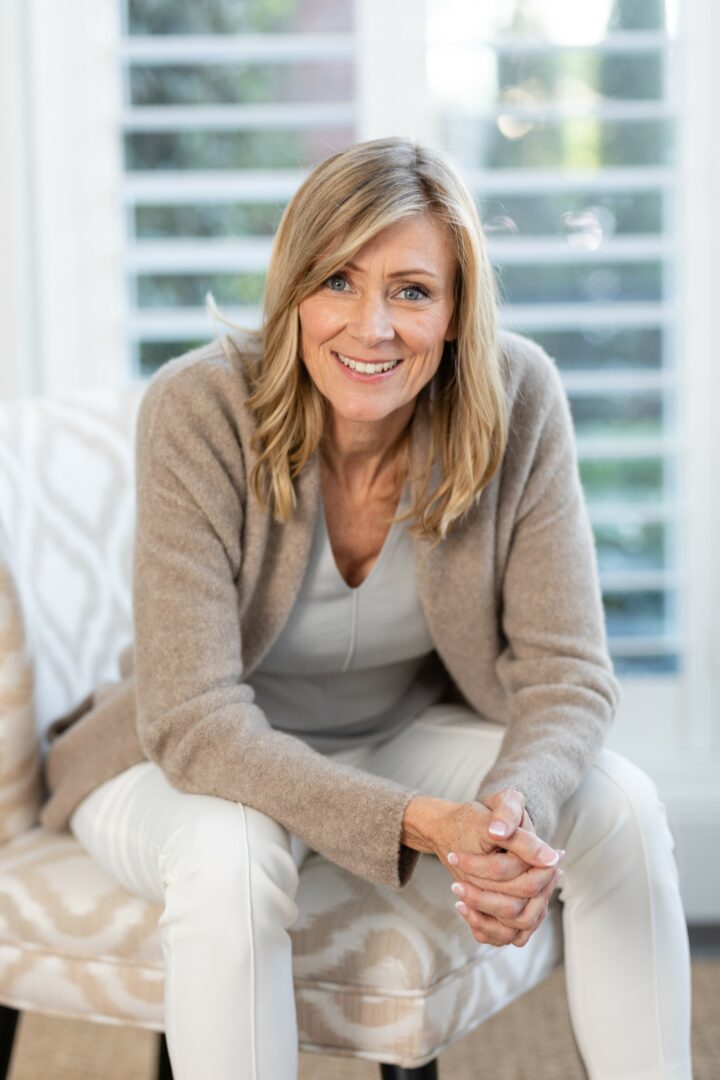We recently connected with Michelle Anne and have shared our conversation below.
Michelle, we sincerely appreciate you joining us today and agreeing to talk about some very personal topics. So, to kick things off, let’s talk about a tough one – divorce. Can you talk to us about how you overcame divorce?
Of course—here’s your reflection shaped as a **submission**, as if you’re offering it to a publication, a support group, or an anthology of personal stories:
—
**Submission: How I Overcame My Divorce**
I am sharing my story because I believe that naming what we survive—and how we survive it—can help others find their way through.
I sat down one day and faced the reality that this was over. I accepted that the relationship had ended and that nothing was going to change, no matter how much I wished it would. Nothing could set this right.
My therapist’s voice stayed with me, reminding me that the brain damage from his drinking was structural and permanent. He was simply not functional, stable, dependable, or reliable. His lying and gaslighting reached a level I had never encountered before. It was as if he didn’t even know he was doing it—but somewhere inside, he did.
He ran away and used his mental health struggles to guilt me into staying. The limits of what he would do were beyond anything I could comprehend.
In the aftermath, I allowed myself to grieve fully. I gave myself space to shift my thinking, to reclaim who I am, and to define my own version of paradise—what I wanted my life to feel like and look like. I leaned on a few good friends who reminded me I was not alone, even when it felt that way.
To find meaning again, I asked myself the question that changed everything: *What do I really want to do with the rest of my life?* What truly matters to me, now that the kids are grown and I am standing on my own?
One night, in the middle of my searching, I had a quiet revelation: I care about me. I realized that continuing to think about him and trying to help him solve his problems was not caring for myself. Every time I got pulled into his world, I ended up spending hours disentangling my mind and spirit from it.
I came to see that you cannot apply logic to inconsistency. It simply doesn’t work.
So I made a life plan. I gave myself time to slowly implement it, knowing that real change doesn’t have to be rushed. Some of the goals I set excited me so much that I overcame every obstacle in my way. Other changes took more patience as I learned to think differently about what I deserved.
And here I am, sharing my story in the hope that someone else will read it and feel less alone—and more capable of reclaiming their own life.
—
Would you like to adapt this for a particular publication, support group, or audience?

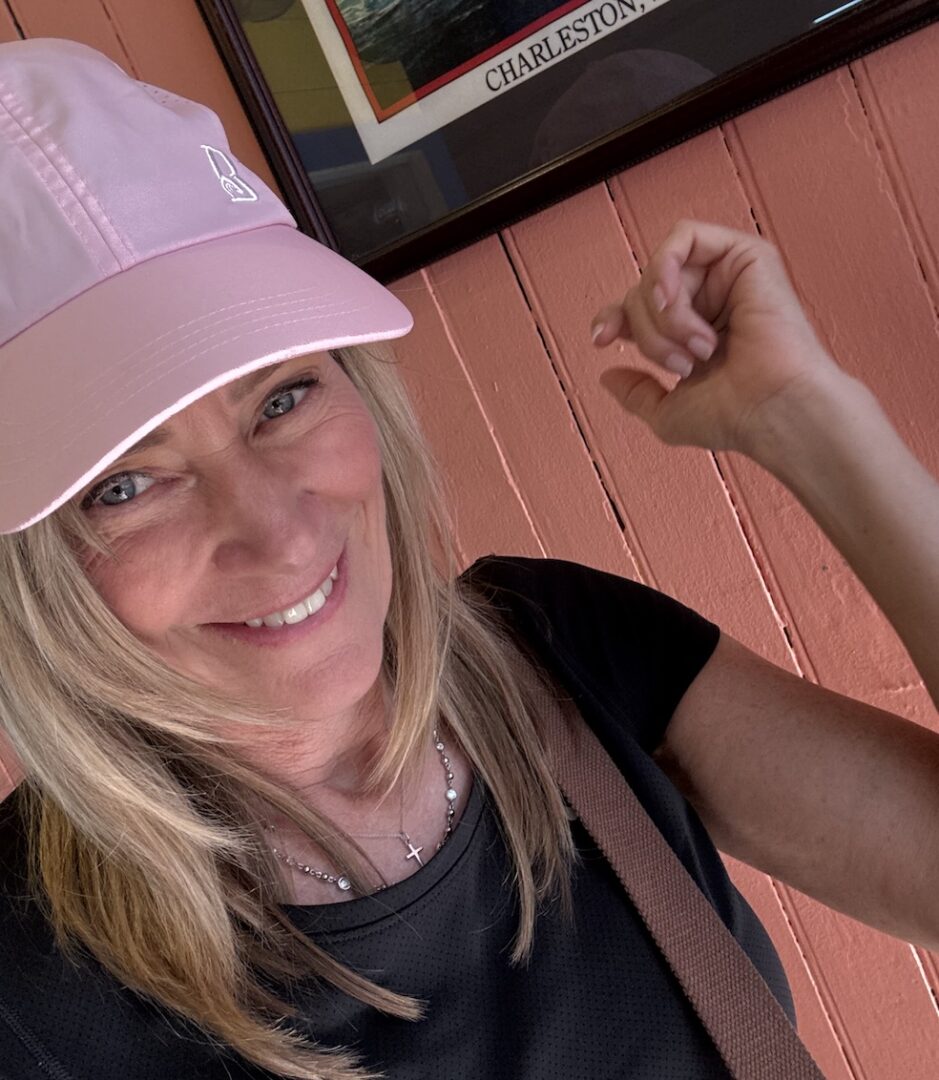
Great, so let’s take a few minutes and cover your story. What should folks know about you and what you do?
I’m a coach, speaker, and writer specializing in helping people master stress, navigate conflict, and reclaim their sense of purpose—especially during major life transitions like divorce or career change. My work blends neuroscience, psychology, Eastern philosophy, and real-world strategy to help individuals and organizations transform the way they respond to adversity.
What excites me most is seeing someone have that *aha* moment—the instant they realize they don’t have to be trapped by old patterns, and they can actually choose a new way of being. That shift in perspective is where all the real transformation begins.
I’ve spent over two decades working with executives, healthcare leaders, and people in high-stakes, high-stress environments. I also work with individuals who are in the middle of personal upheaval—whether it’s the end of a relationship or the start of a reinvention. What’s special about this approach is that it doesn’t rely on just one method. It’s a fusion of evidence-based practices and practical tools you can actually apply when life feels unmanageable.
Currently, I’m launching The BrainGym™ Stress Reduction Program, and a program designed for coaches, leaders, educators, and wellness professionals who want to learn how to transform themselves and others using an integration of Eastern and Western tools an techniques. This allows you to not only master but reverse the signs of stress, and up level your resilience skills so you can help others including your own clients, families and communities. These tools are proven in 3rd party studies to address not only personal well-being but also the improve financial outcomes of mental health, stress and burnout in organizations.
I’m also working on expanding my writing and art. I’m developing a cartoon brand called Amanduh.online, which uses humor and relatable illustrations to explore stress, anxiety and the sometimes messy reality of being human. My goal is to create work that feels both approachable and profound—something that makes people smile while also sparking inspiration.
If there’s one thing I’d want folks to know about my work, it’s that it’s about more than reducing stress—it’s about remembering who you really are when you’re not weighed down by fear, conflict, or other people’s expectations. That’s the space where real happiness and self-mastery live.
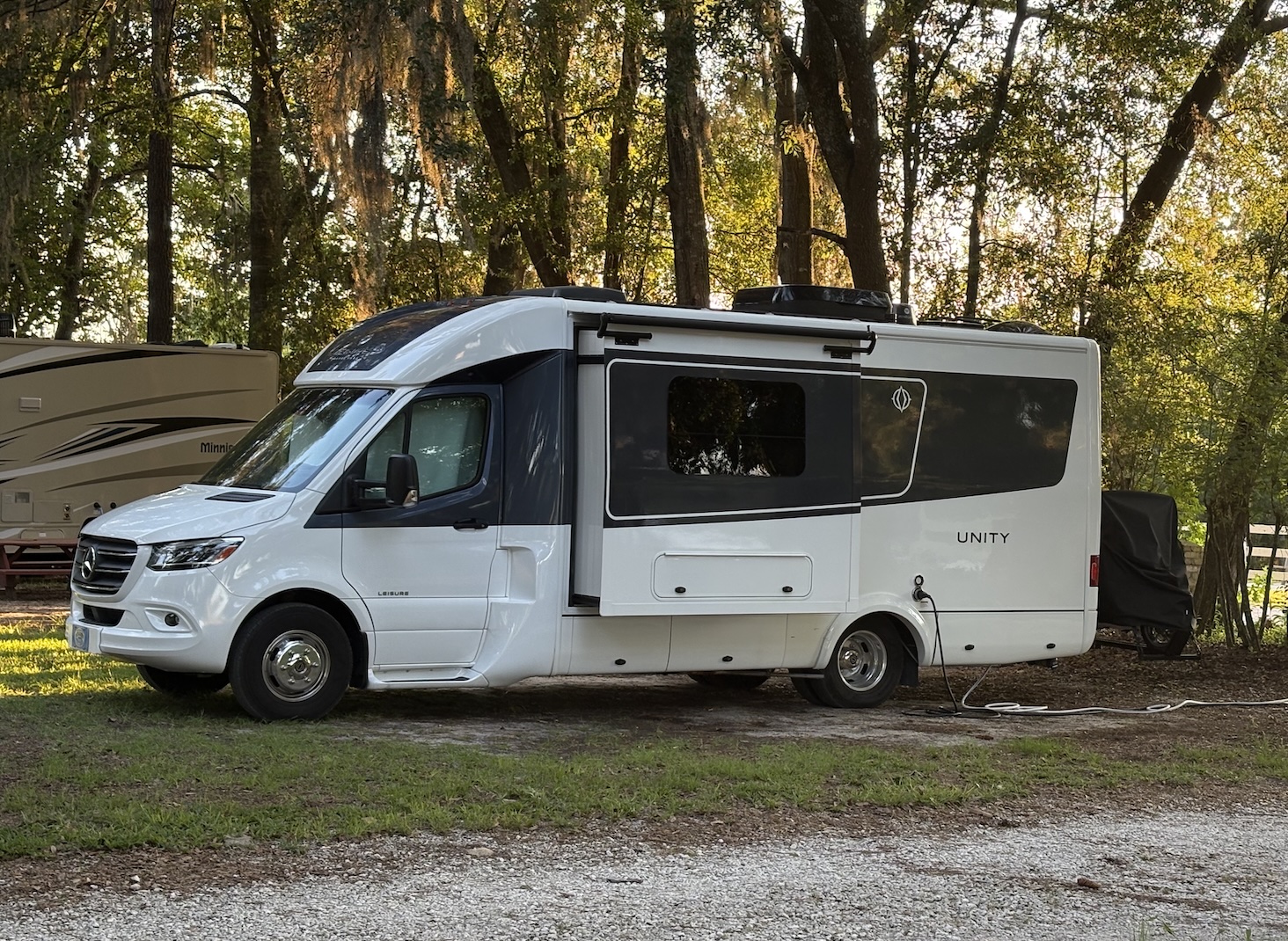
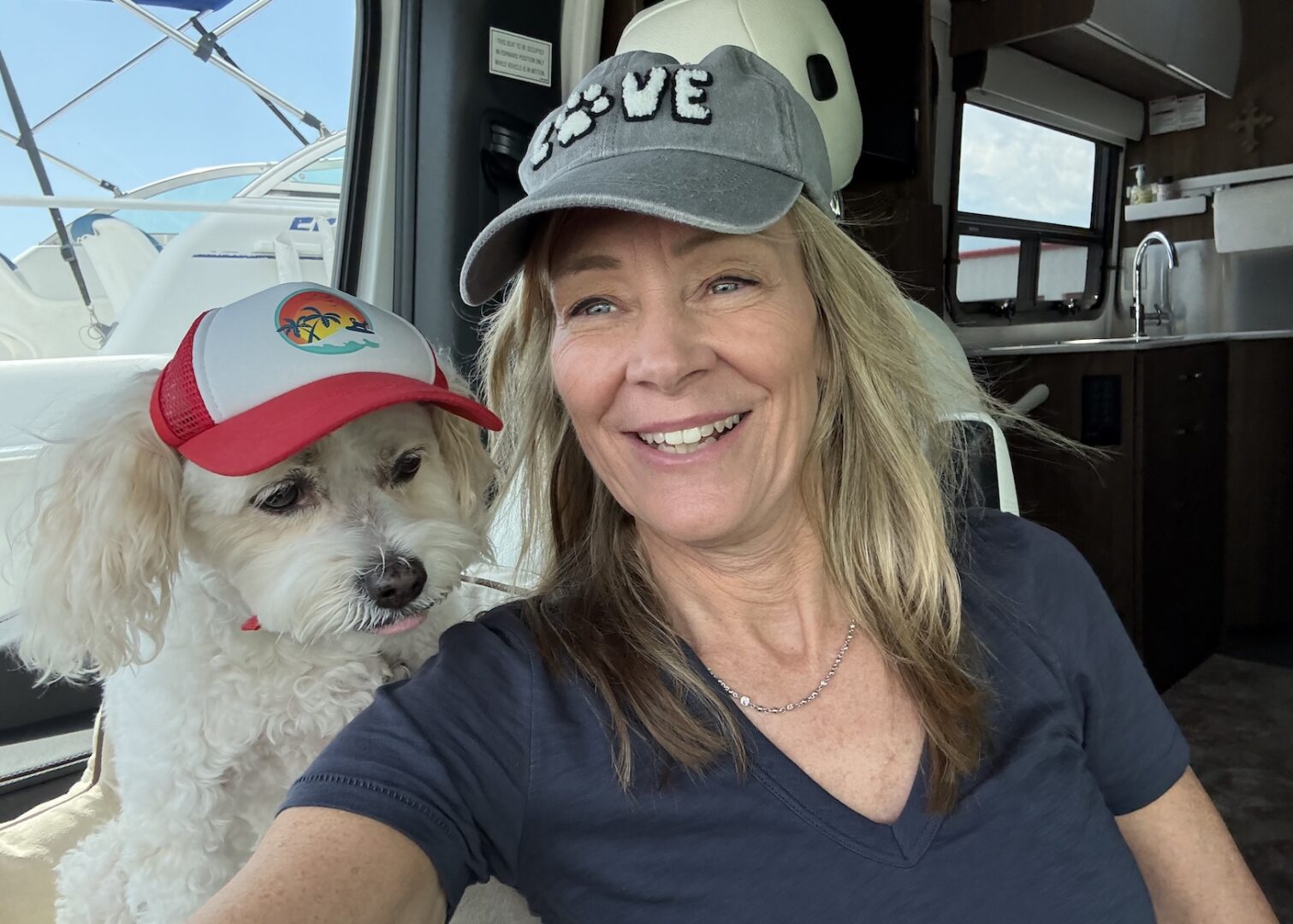
There is so much advice out there about all the different skills and qualities folks need to develop in order to succeed in today’s highly competitive environment and often it can feel overwhelming. So, if we had to break it down to just the three that matter most, which three skills or qualities would you focus on?
Looking back, I’d say the three qualities or skills that were most impactful in my journey were:
1. Radical self-honesty
Learning to see situations—and mostly myself and what I wanted or what role I played —clearly was life-changing. It meant acknowledging when something wasn’t working, course correcting, even when it was painful or inconvenient. This built character abut was not as painful as you think. Each time I do this, God provides a small to large miracle at the other end of the learning experience. I fully take responsibility for myself and for what I can control and letting go of the illusion that I could fix or figure out everything else. I can not.
Advice:
Practice pausing often during the day. Do check-in’s especially before reacting, and ask yourself: What do I want? What’s actually true here? Journaling, coaching, and honest conversations with a trusted coach/mentors can help you see your blind spots with compassion and course correct to get a different outcome.
2. Be responsible for self-regulating under stress or conflict
No matter how much you know intellectually, you can’t apply wisdom if you’re in a state of constant fight-or-flight. The brain shuts down the blood flow to the prefrontal cortex making it impossible to think, plan and even execute under conflict or stress. I learned eastern (which are backed by neuroscience) and mindfulness practices that allowed me to calm my nervous system, trigger parasympathetic (relax state) so I could think clearly, set boundaries, and make decisions aligned with my values and goals. Always take a skillful course of action.
Advice:
Develop a daily practice—even ten minutes a day—of something that grounds you. I know you have heard this before. It takes discipline and devotion to do this for yourself and do it often. Here is the thing, mindfulness is dose-based, meaning the more often you do it, the easier it is to access this desired state in the state of stress or conflict. You have to show the mind what you want it to be familiar with. Breathwork, meditation, walking in nature, or simply sitting in silence can help you build the muscle of staying calm under pressure.
3. A commitment to continuous learning / reinvention
I’ve leveled-up and reinvented myself multiple times professionally and personally. The willingness to stay curious, keep learning, and not be defined by any single role or season has kept me moving forward. This has kept me sane, happy and confident in myself and my importance. It is where my light comes from.
Advice:
Stay humble and open. Read broadly, invest in your education, and surround yourself with people who inspire you to grow. Lose those who steal your light. And don’t be afraid to pivot—reinvention is a sign of resilience, not failure.
If you’re early in your journey, remember this: you don’t have to have it all figured out. Focus on building self-awareness, emotional resilience, and a mindset of lifelong learning. Those qualities will carry you through anything.
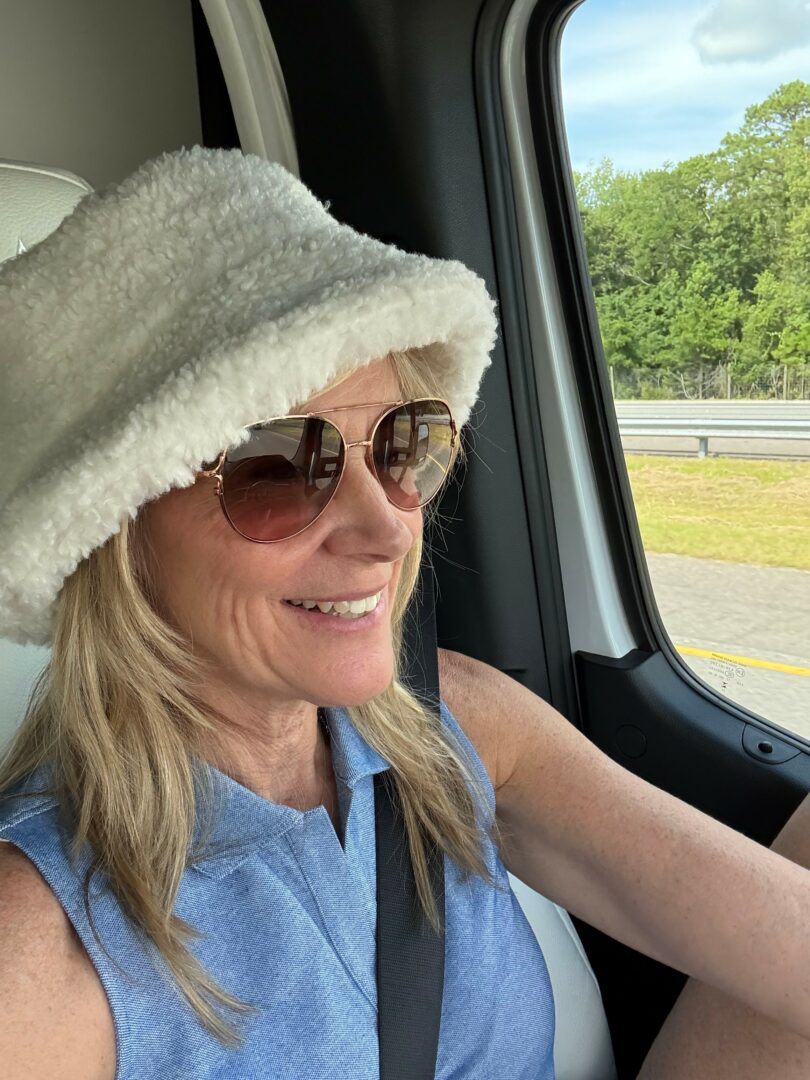

How would you spend the next decade if you somehow knew that it was your last?
I would let go of resentments, guilt, and anything else that binds me or weighs on my heart. I would celebrate the beauty of ordinary days—put fresh flowers on the table, playing music I love, watching the sunset without distraction, play with my dog, and draw cartoons every day to bring laughter and lightness to others. I would no longer compromise my time and energy on relationships that feel heavy, unfulfilling, or misaligned. Instead, I would simplify my life to include only what I truly need and follow that path wholeheartedly.
Contact Info:
- Website: https://michelleanne.com
- Instagram: themichelleanne
- Facebook: theMichelleAnne
- Linkedin: themichelleanne
- Youtube: https://www.youtube.com/playlist?list=PLgnyIVPIFB24L6CkPOYpvnLgrboCTSZxD
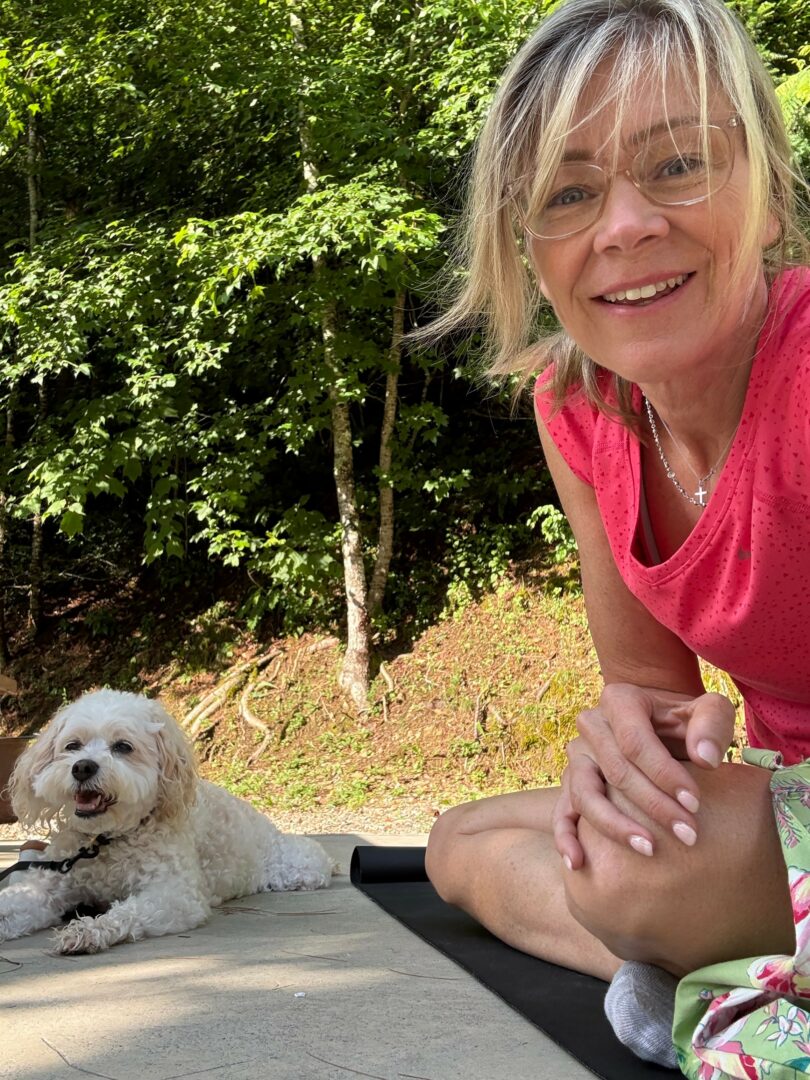
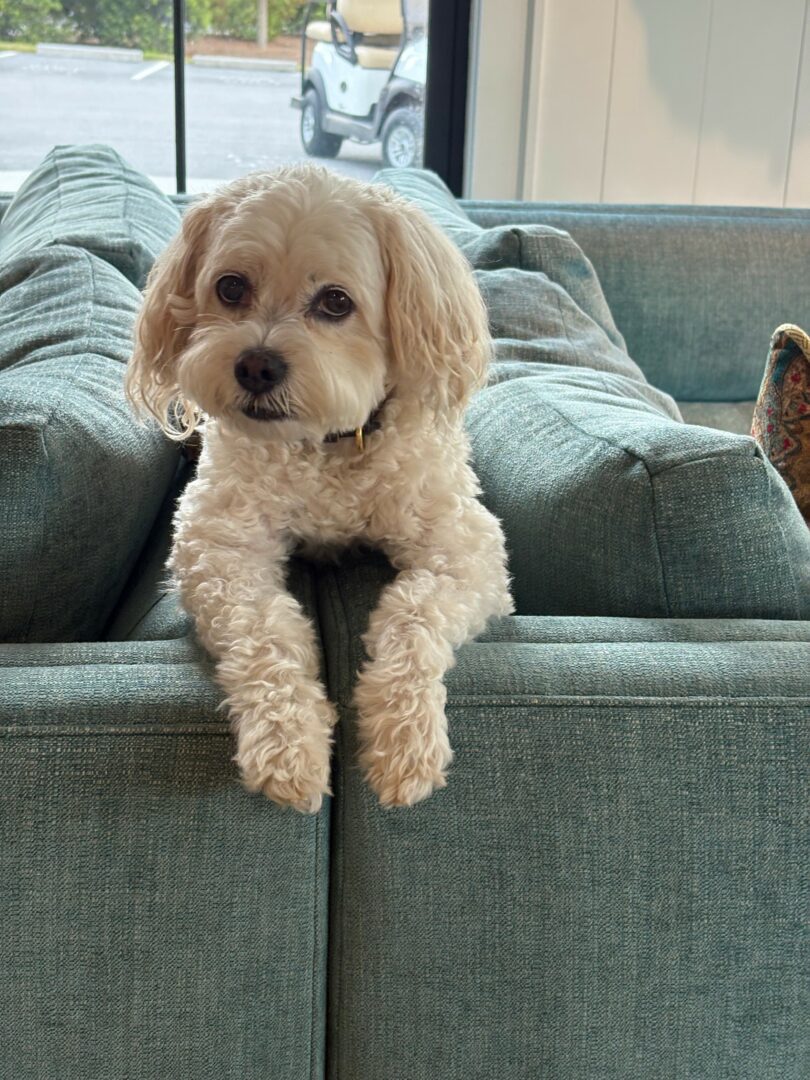
Image Credits
Capehart Photography
so if you or someone you know deserves recognition please let us know here.

